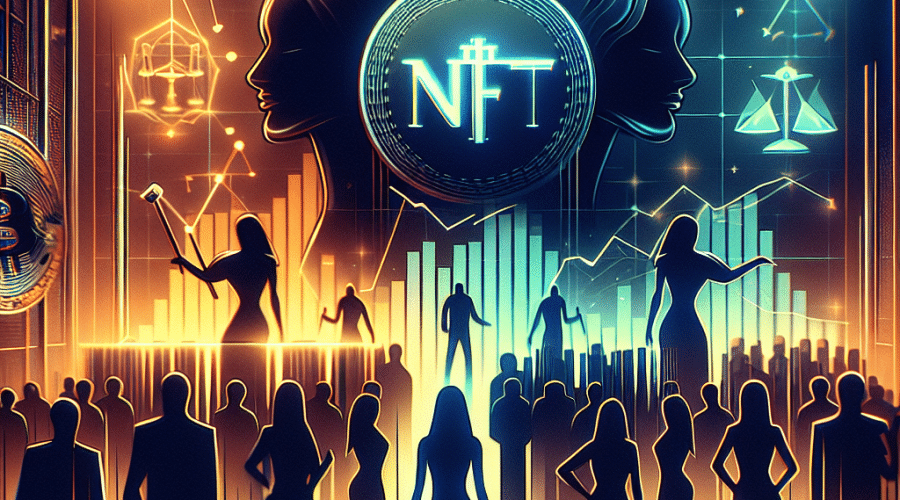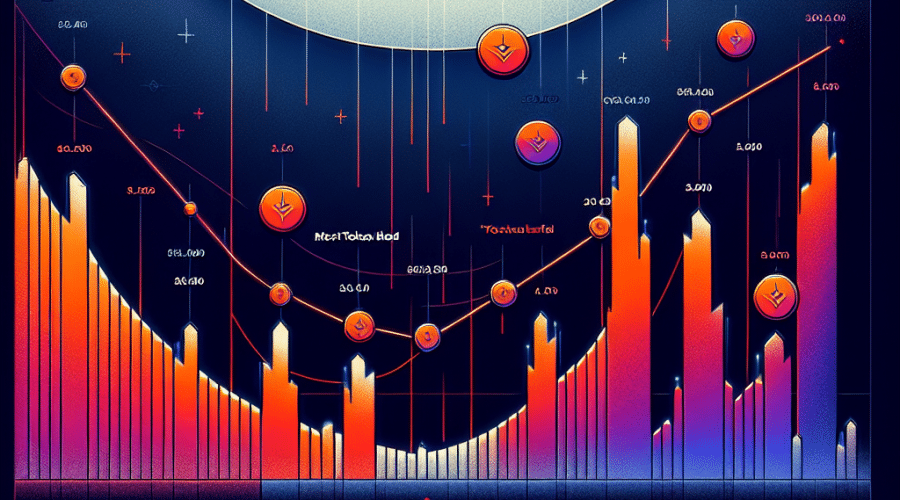JPMorgan Chase & Co., one of the largest and most influential banks in the United States, has taken a pivotal step in redefining the future of open banking by securing groundbreaking paid-access agreements with leading fintech data aggregators. This move, involving major players such as Plaid, Yodlee, Morningstar, and Akoya, signals an evolution in how customer financial data is shared and monetized, with broad implications for banks, fintech companies, and millions of consumers who depend on third-party apps to manage their finances. As the fintech sector matures and regulatory scrutiny intensifies, JPMorgan’s latest deals could set a precedent for the entire financial ecosystem.
The Shift from Free Access to Paid Partnerships
For years, fintech data aggregators operated in an environment where access to consumer banking data from institutions like JPMorgan was provided at little or no cost. These aggregators serve a critical role, acting as intermediaries between traditional banks and the rapidly growing field of financial technology applications. Platforms such as Plaid and Yodlee help connect thousands of fintech apps with banking information, powering everything from digital budgeting tools and payment apps to comprehensive personal finance dashboards.
This model, however, has long stirred unease among traditional banks. Financial institutions have voiced consistent concerns regarding data security, the safeguarding of sensitive information, and the lack of monetary compensation for the use of customer account data by third parties. Banks argued that providing free data access without robust oversight not only introduced potential security vulnerabilities but also failed to reflect the value of the information being provided.
With the recent agreements, JPMorgan and the industry’s top aggregators have established a new compensated data-sharing framework. These deals require aggregators to pay fees for access to banking data, effectively monetizing what was once freely available and introducing a more structured, sustainable system for open banking interactions.
Inside the Complex Negotiations
The negotiations that led up to these agreements were intensive, stretching over several weeks and involving intricate discussions about fee structures, security protocols, and the future of data handling in open banking. According to sources close to the discussions, JPMorgan initially proposed higher fees for data access. However, in recognition of the critical role aggregators play, and to ensure that consumer access to widely used fintech applications was not unduly interrupted, the bank agreed to reduce its fee demands as part of a compromise.
On the other side, aggregators secured important concessions as well. There was an agreement on the modalities of processing data requests, giving fintech intermediaries clarity and predictability in their operations. The arrangement mirrors the industry’s efforts to strike a delicate balance: ensuring consumer convenience and continued innovation, while also strengthening security and establishing fair economic value for the exchange of banking data.
JPMorgan’s spokesperson, Drew Pusateri, heralded the outcome as a result of “productive collaboration” with the aggregators, emphasizing that the agreements will foster a safer and more stable data-sharing landscape for consumers, banks, and technology providers alike.
Why These Agreements Matter for the Industry
The significance of these agreements extends beyond the immediate parties involved. They come at a time when the open banking sector is rapidly evolving, and the rules governing data sharing are being actively debated and refined. By establishing the principle that banks should be compensated for the use of customer data, the deals could serve as a blueprint for similar arrangements across the industry.
“This marks a maturation of the open banking ecosystem,” commented an analyst in financial regulation. “As fintech apps grow ever more integral to daily financial life, the underlying data pipes must be secure, reliable, and, importantly, sustainable for all stakeholders.”
From a consumer perspective, these deals are likely to translate into enhanced protections around sensitive financial information. For fintech firms, the long-term impact of added costs remains to be seen. Depending on the scale, some may absorb the new fees, while others may pass a portion of the expenses on to end users or seek innovative revenue streams to offset the impact.
The Regulatory Backdrop: CFPB’s Evolving Open Banking Rule
JPMorgan’s agreements arrive on the heels of major regulatory developments in the United States. The Consumer Financial Protection Bureau (CFPB), under the Biden administration, introduced a landmark open banking rule designed to enshrine consumers’ right to data portability—ensuring that individuals can share their financial information with third parties at no cost. This rule, hailed by many as a victory for innovation and consumer empowerment, also triggered pushback from established banks.
Banks expressed concerns that the CFPB’s rule exposed account holders to new forms of data insecurity and outstripped the agency’s regulatory authority. Meanwhile, most fintech firms, which stand to benefit from easier access to consumer data, championed the regulation as a critical step toward fair and open competition in the sector.
The regulatory picture remains fluid. In response to banking industry objections, the CFPB initiated a review of its open banking rule. The debate continues, with questions about the appropriate level of regulatory oversight and what safety nets should be in place to protect consumers. Interestingly, even as the Trump administration considered rescinding the rule entirely, the market’s changing dynamics compelled policymakers to reconsider their stance and contemplate a more balanced approach.
Open Banking in the U.S.: Tensions and Opportunities
The dialogue over open banking is not unique to the United States. Around the world, regulators are grappling with how best to structure data sharing in a way that promotes innovation without sacrificing safety or fairness. In markets like the United Kingdom, open banking regulation has been in force for several years, driving both competition and rapid adoption of new technologies in personal finance.
For the U.S. market, the stakes are high. A robust open banking framework has the potential to unlock new waves of financial innovation, empower consumers to make better financial decisions, and level the playing field between fintech startups and traditional financial institutions. At the same time, missteps could create risks around security, privacy, and consumer trust—areas where the U.S. has already seen high-profile breaches and scandals in recent years.
JPMorgan’s Stock Performance Reflects Investor Confidence
Amid these industry-defining changes, JPMorgan Chase continues to deliver strong returns for its shareholders. As of mid-November 2025, the company’s stock was trading at approximately $305.80, boasting a year-to-date (YTD) return of 30.26%. This remarkable performance significantly outpaces the S&P 500, which posted a YTD return of 14.94% over the same period.
Over a one-year horizon, JPMorgan shares gained 29.10%, with medium- and long-term growth metrics of 145.86% and 205.18% over three and five years, respectively. These figures highlight enduring investor confidence in the bank’s management, business strategy, and ability to adapt to a rapidly evolving banking landscape.
Analysts attribute JPMorgan’s strong performance to several factors, including its diversified business model, leading position in digital banking, and proactive stance on regulatory and technological shifts. The bank’s willingness to negotiate fair terms with fintech partners is seen as both an acknowledgment of changing times and a strategic move to maintain its relevance as the financial ecosystem undergoes digital transformation.
The Road Ahead: What’s Next for Open Banking?
Looking forward, JPMorgan’s agreements may serve as a bellwether for other large financial institutions as they chart their own paths through the open banking revolution. As regulatory uncertainty persists and consumer adoption of fintech services continues to climb, banks and aggregators alike will need to remain agile, responsive, and collaborative.
There are also broader questions that will shape the future of open banking in the United States:
- Will more banks introduce paid-access models for data? Industry observers expect that JPMorgan’s approach will be closely watched and potentially emulated by other major banks seeking to monetize data partnerships while meeting higher security standards.
- How will fintech companies respond? Fintech innovators will need to reassess the economics of their business models in light of new data access costs, potentially spurring both competitive and collaborative developments.
- What regulatory refinements are likely? The evolving stance of the CFPB and other bodies will be critical, particularly as they respond to feedback from both banks and fintech players about optimal standards for safety, access, and fairness.
Ultimately, the JPMorgan-aggregator deals represent a crucial step toward a more balanced and resilient open banking environment—one that seeks to harmonize innovation with integrity, and consumer empowerment with robust safeguards. As the digital economy further intertwines with the financial sector, these evolving partnerships and policies will continue to shape how Americans bank, invest, and manage their money for years to come.

















